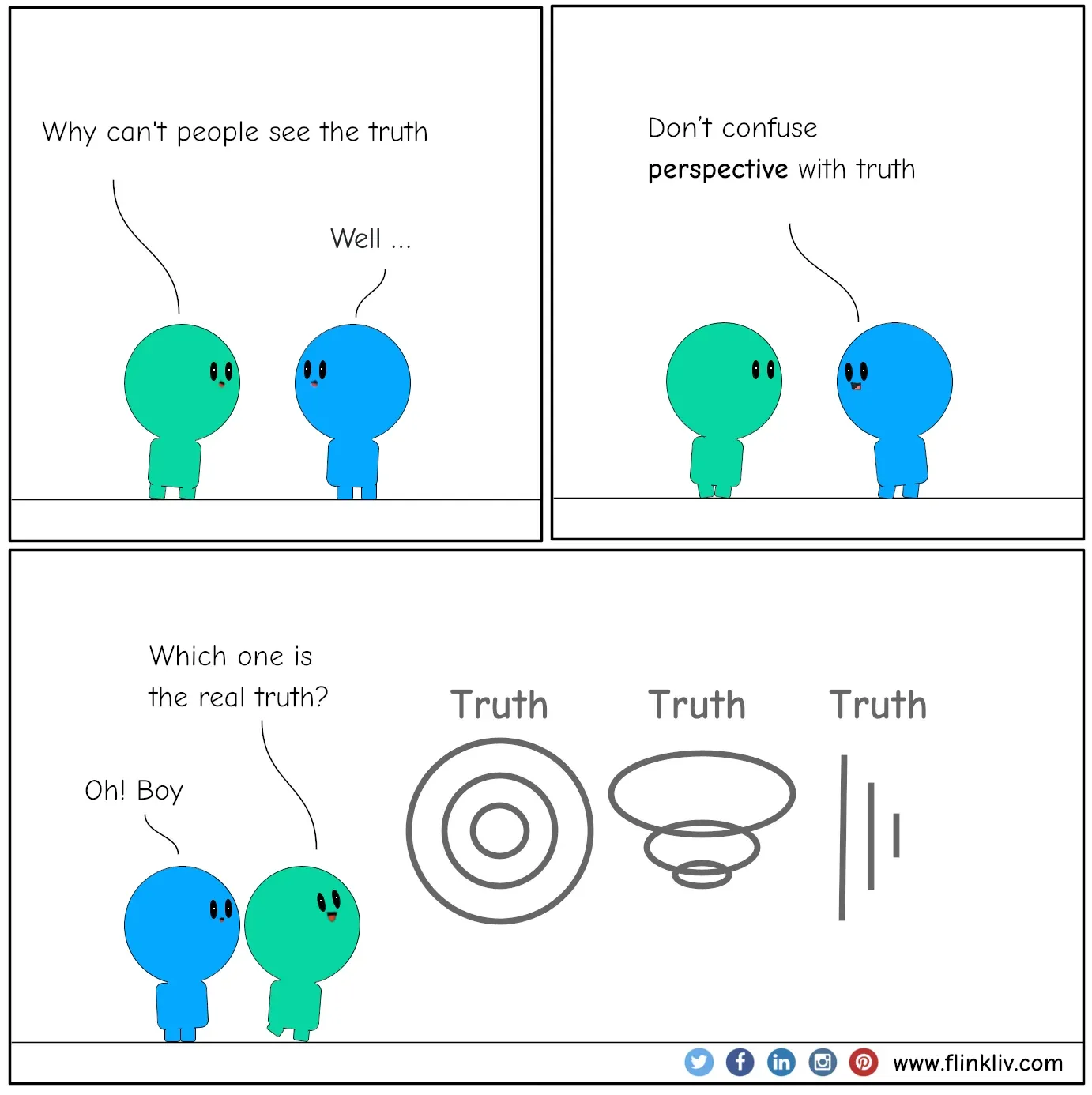Data as Conversations
A bit of an exploration on community centred and owned data.
I was supposed to be at an event on Thursday talking about funders roles in Community-owned & Centred data as part of the GLA event...unfortunately I was only told I was meant to be there on Monday, and trains and child care meant I couldn't actually make it. If I had I probably would have talked about something like this
If we truly want data that is community-owned and community-centred, we need to start viewing 'data as conversations'. Just as I've talked before about 'maps as conversations', this is an extension of the same idea: meaningful data isn't just something collected and analysed; it's something that communities actively engage with, discuss, interpret, and shape together.
Funders and policymakers have improved at using existing datasets in their decision-making and funding designs in recent years, often using governmental datasets or composite indexes such as the Index of Multiple Deprivation (IMD) for example. While these approaches can help to identify which areas or communities to target with resources, they tend to provide a static and one-dimensional picture of community needs. They assume a predefined perspective and can overlook the nuances, insights, and lived realities of the people within those communities.

Embracing a 'Data as Conversations' approach can shift us to a richer, more dynamic view. By actively mixing high-level administrative data with citizen-led observations, community insights, and diverse perspectives, we can create a multi-dimensional understanding. This approach doesn't just represent communities; it actively involves them.
The benefits of seeing 'Data as Conversations', as a starting point are potentially huge. This approach:
- Encourages communities to engage at a human level, openly discussing challenges and opportunities.
- Empowers citizens to generate actionable ideas and actively participate in solutions.
- Creates ownership over community challenges and resilience.
- Promotes collaboration across traditional boundaries, integrating multiple viewpoints.
- Uncovers valuable insights that might otherwise remain hidden or unrecognised.
- Builds stronger, community-informed foundations for decision-making processes.
As government tries to shift from survey-based data collection to administrative data, it is even more critical to broaden our perspective, prioritising dynamic, ongoing conversations about what the data means, how it's used, and what actions it should inspire. 'Data as Conversations' transforms data from static information into an ongoing dialogue, making it more human and more useful.
Moving from Knowledge to Wisdom
What if we moved our thinking beyond merely collecting and sharing data, and support community data to mature into knowledge and eventually wisdom? When people actively engage in interpreting, thinking about what data means, and discussing this, they generate deeper understanding, perhaps making it possible to implement solutions that are truly reflective of local needs and aspirations. Wisdom emerges when communities not only gather insights but actively use them to shape actions, learn from them and build on them.
Questions as Data Layers
Yes, I'm talking about questions again. I think adopting a question-based approach within these community centred data is critical obviously. Rather than assuming what communities need, starting conversations with open, exploratory questions can itself form an essential data layer. These questions not only guide the collection and interpretation of data but also encourage active reflection, curiosity, and ongoing dialogue. They reveal underlying assumptions, clarify priorities, and get us to think more, creating a dynamic data ecosystem that evolves.
Importantly, this question-based approach adds an element of permanence to conversations. Often questions, responses, and discussions are ephemeral, quickly lost in the flow. We forget the journey, only knowing the destination. Capturing questions, responses, and discussions systematically, especially in an era increasingly shaped by Large Language Models (LLMs), helps establish a lasting record. This permanence enables us to track changes over time, understand evolving perspectives, and build richer, fuller conversations that inform future actions.
Strengthening Ownership through Conversations
Ownership becomes stronger when communities see their questions, conversations, and actions directly reflected in decision-making processes. True ownership is created through continuous participation, dialogue, and influence. By placing community perspectives and conversations centrally in the data lifecycle, from design and collection through interpretation to action, communities build a deeper sense of accountability and trust.
In a broader context, community ownership of data maybe also helps to counter concerning trends, such as the erosion of state owned data in the US, attacks on democracy via misinformation and the siloing or appropriation of community insights by powerful social platforms.
- Does community-centred ownership respect and protect the collective wisdom and shared knowledge generated by communities?
- If we recognise community wisdom as a valuable resource, can we begin to create mechanisms for communities to determine how their insights are used, ensuring they remain accessible, transparent, and influential in shaping their futures?
I don't know the answers to these questions, but they are something we've have and continue to explore at Data For Action.